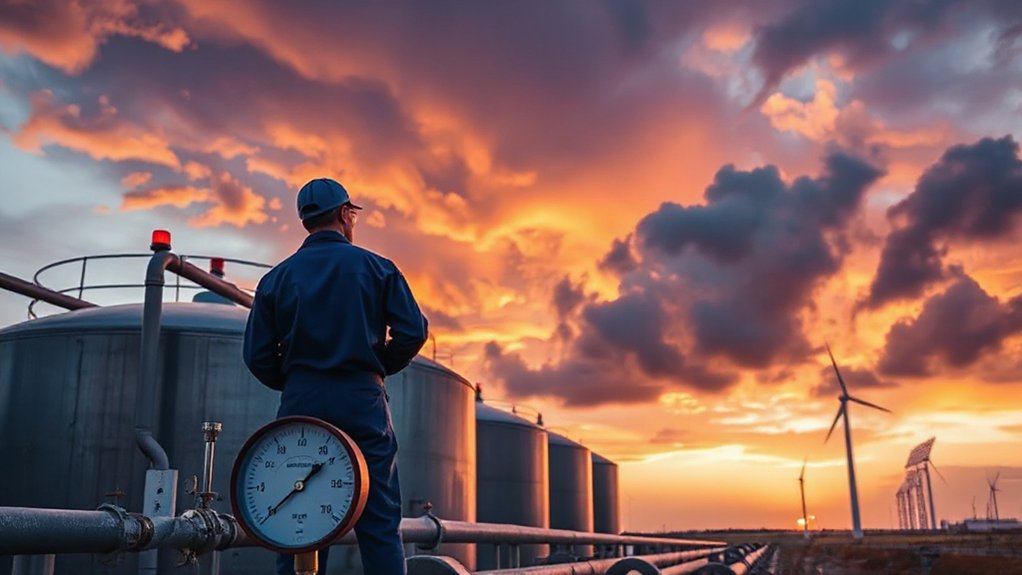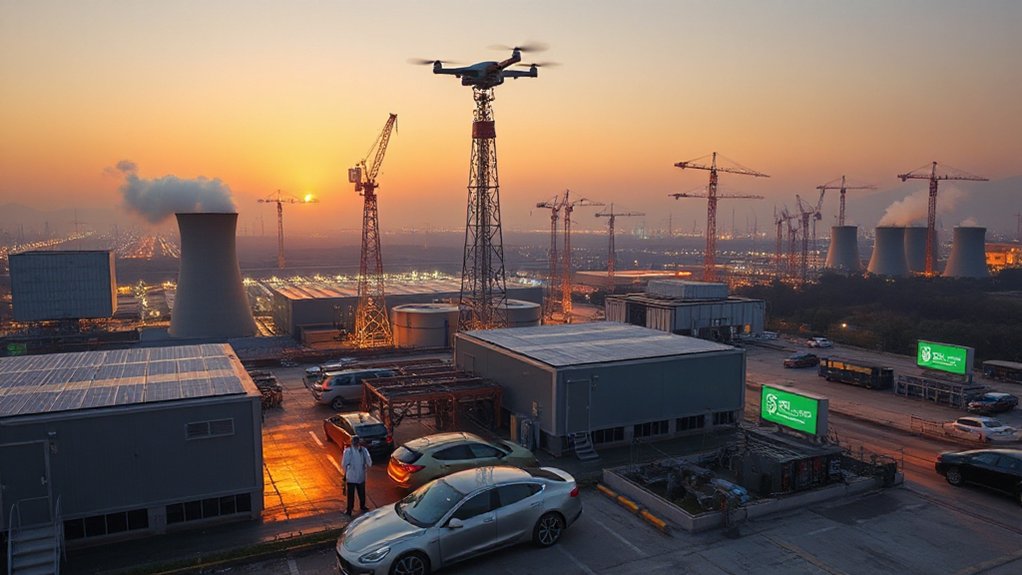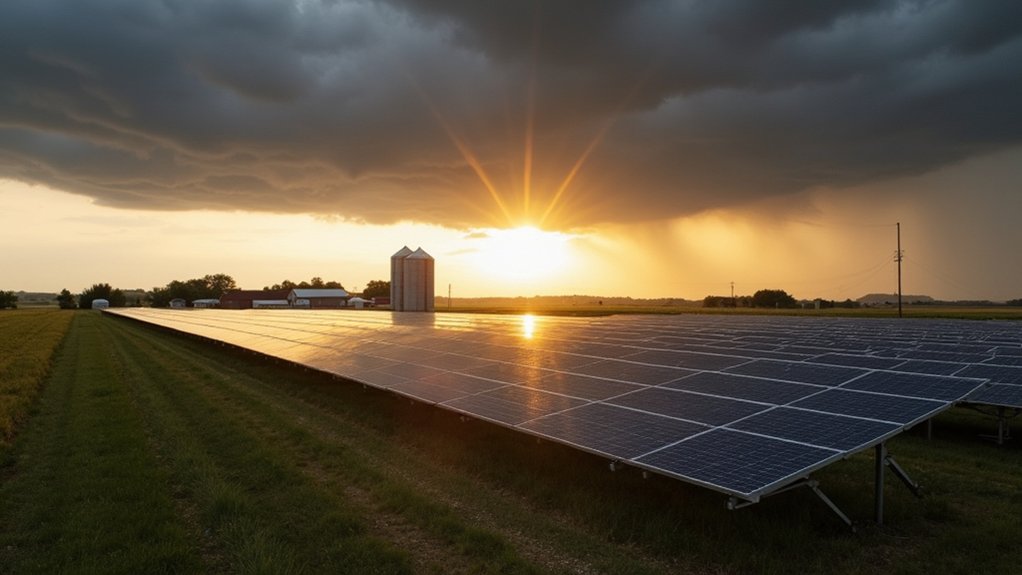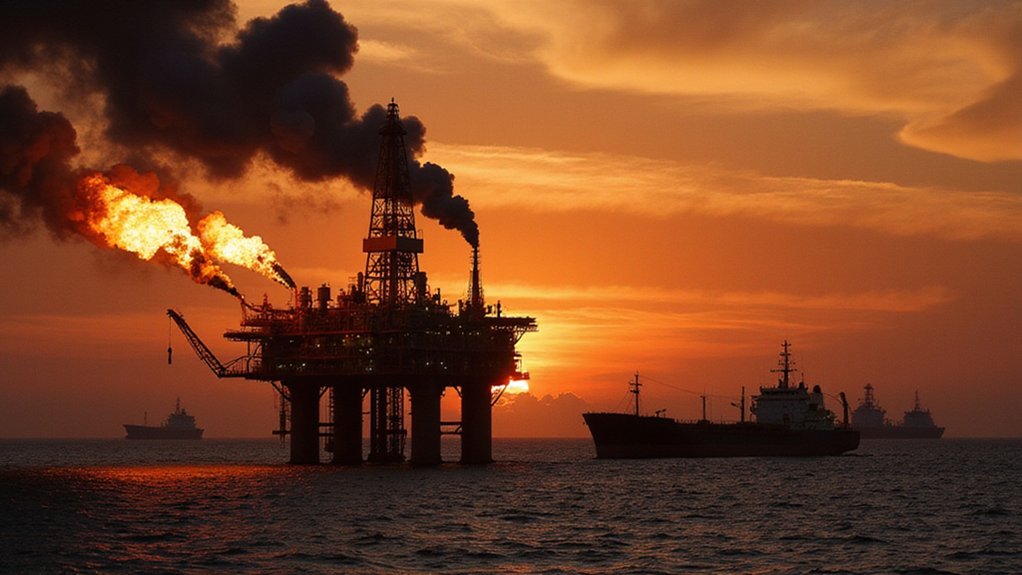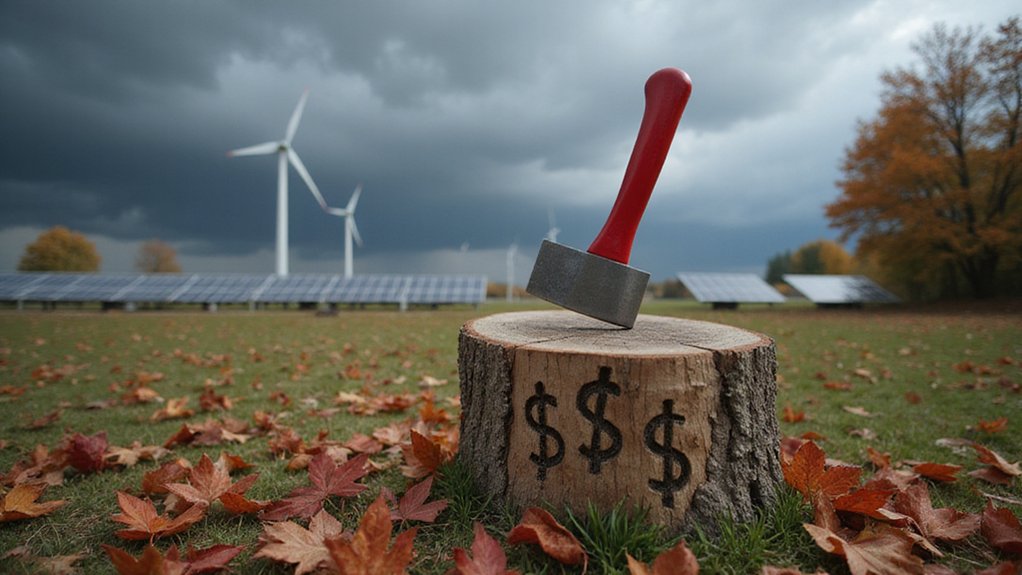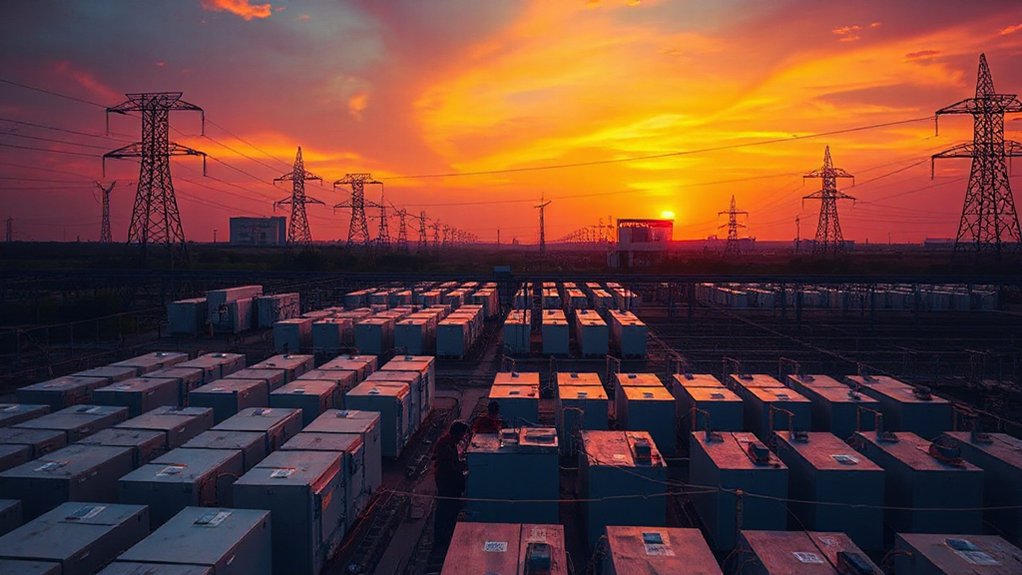Major gas suppliers are sounding the alarm as the European Union pushes forward with plans to ban Russian gas imports, potentially creating a perfect storm of legal nightmares and supply disruptions.
The EU’s ambitious proposal aims to kick Russian pipeline gas and LNG to the curb by 2026 and 2028, respectively. Sounds great on paper, right? Not so fast.
The retroactive nature of this ban is causing serious heartburn for everyone involved. Existing contracts? Suddenly worthless. “Force majeure” claims? Get ready for an avalanche of them. It’s a legal minefield waiting to explode.
Meanwhile, Russian gas transit through Ukraine stopped cold on December 31, 2024. The EU claims they’re totally prepared with shiny new LNG terminals and storage targets. Their January assessment basically said, “Nothing to see here!” But reality might have different plans.
EU brushed off the Ukraine transit shutdown like it’s no big deal. Spoiler alert: Reality’s coming for that optimism.
The ban has more holes than Swiss cheese. Russian gas could simply get a Turkish makeover and—presto!—suddenly it’s “not Russian” anymore. The pipeline through Turkey to Hungary and the Balkans is practically begging to be exploited.
Moscow’s not stupid—they’ll find every loophole to keep that sweet European cash flowing.
If that wasn’t enough drama, the US and Qatar just dropped a bombshell. They’re threatening to cut off LNG exports if the EU insists on implementing its corporate sustainability directive. Together, they supply about 20% of EU gas imports—roughly equal to Russia’s 19% share that Brussels is desperate to eliminate.
The directive would slam companies with fines up to 5% of global turnover if they can’t prove human rights compliance and emissions reductions. Qatar’s response? Thanks, but no thanks.
Member states have until March 2026 to figure out how to diversify. Good luck with that timeline! Between legal disputes, enforcement loopholes, and alienating alternative suppliers, the EU’s energy strategy seems increasingly like building a house of cards in a hurricane.
This proposal is particularly challenging as it’s part of the broader REPowerEU roadmap initiative launched specifically in response to Russia’s invasion of Ukraine, adding geopolitical complexity to an already difficult energy transition. EU countries have successfully implemented gas demand reduction measures, cutting consumption by 17% since 2022, which provides some buffer against supply disruptions.
Energy analysts worry the situation could worsen with Trump’s upcoming 25% tariff bombshell against nations purchasing Venezuelan oil, further destabilizing global energy markets.
References
- https://www.kslaw.com/news-and-insights/the-eus-proposal-to-phase-out-russian-gas-imports-legal-risks-and-practical-challenges
- https://energy.ec.europa.eu/topics/energy-security/security-gas-supply_en
- https://www.atlanticcouncil.org/blogs/ukrainealert/europe-finally-moves-to-ban-russian-gas-but-potential-loopholes-remain/
- https://www.oilandgas360.com/u-s-and-qatar-issue-new-warning-on-eu-climate-directive/
- https://www.lemonde.fr/en/energies/article/2025/10/20/eu-agrees-to-stop-importing-russian-gas-by-end-2027_6746600_98.html
- https://ieefa.org/resources/deja-vu-eu-risks-overreliance-one-gas-supplier
- https://ec.europa.eu/commission/presscorner/detail/en/qanda_25_2587
- https://www.cleanenergywire.org/news/germany-sets-gas-supply-alert-lowest-level-market-overcomes-turmoil-russias-war
